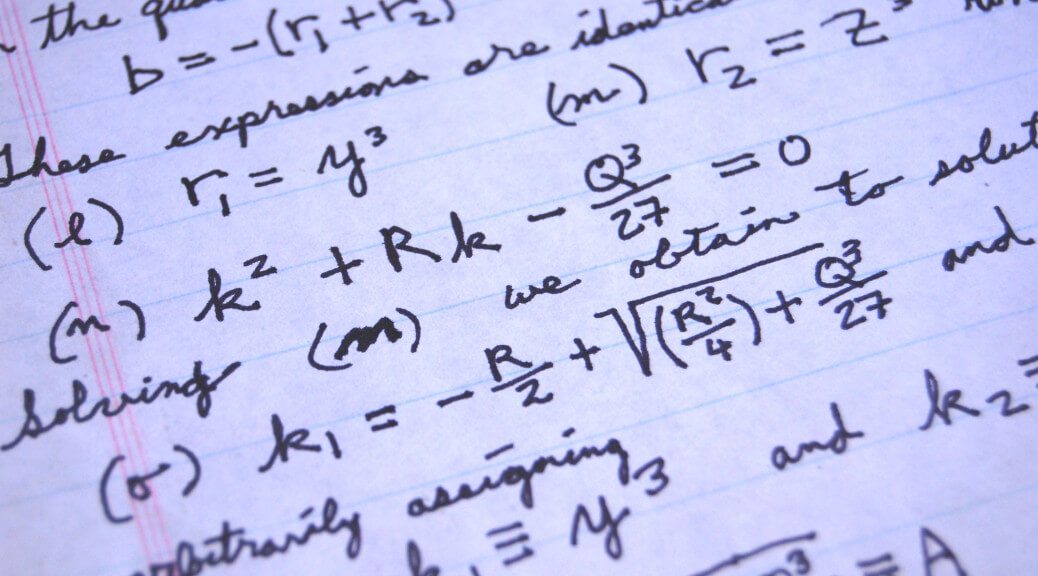The perennial debate about “mathiness” in economics has returned, this time sparked by a Paul Romer article in the AER P&P.
The arguments largely focus around the usefulness of mathematics for various applications. These are the technical arguments of practitioners. I’d like to abstract from these arguments and look at the issue as an economist.
The economics labour market is very competitive. Researchers need to demonstrate their quality to compete for the top academic jobs. Now, why should we expect this competition to produce anything besides the optimal research methods? Let’s apply some economics to this problem.
One reason you might have more math than the social optimum is that it’s used as a signalling device. As a graduate student, I’ve definitely felt this. Comprehensive exams are essentially colossal math tests that determine whether you’re allowed to go on in grad school and eventually enter the profession. Your professors want to know that you can complete years of tireless research. Doing so will take intellect and diligence. Passing a big math test also takes intellect and diligence, and it takes less time than demonstrating research skill. Professors don’t know which students are smart and diligent, so they screen them with comprehensive exams.
Mathy economics is all just signalling, right? Click To TweetThat could explain the use of math in graduate school, but what about the discipline more generally? The gatekeepers of the profession are journal editors and department committees in charge of hiring and tenure. All of them need to judge whether academics’ research is of high quality and importance. The real measure of a paper’s importance is how much derivative research it generates. There’s a reason they give the Nobel about thirty years after a researcher’s major contribution: we just don’t know which exciting research today is going to spawn a greater debate and propagation of novel ideas. If we could predict future research, it wouldn’t be novel.
So editors and hiring and tenure committees have a problem. They need to evaluate research but they can’t know the most important factor: Will this stand the test of time? One factor affecting whether it will is the level of care and effort the author put into crafting his argument. It isn’t necessarily easy to see how much care and effort has gone into a verbal argument, but when the argument uses elaborate mathematics, you know it must have been worked over carefully. Thus, mathematics serves as a signal that a given piece of research has been carefully constructed.
To summarize, we can apply the economic theory of signalling to the use of mathematics in economics. Academics and the other academics who evaluate them face an asymmetric information problem. By using mathematics, these academics can signal their own quality and that of their research. Thus, mathiness has become ubiquitous.

